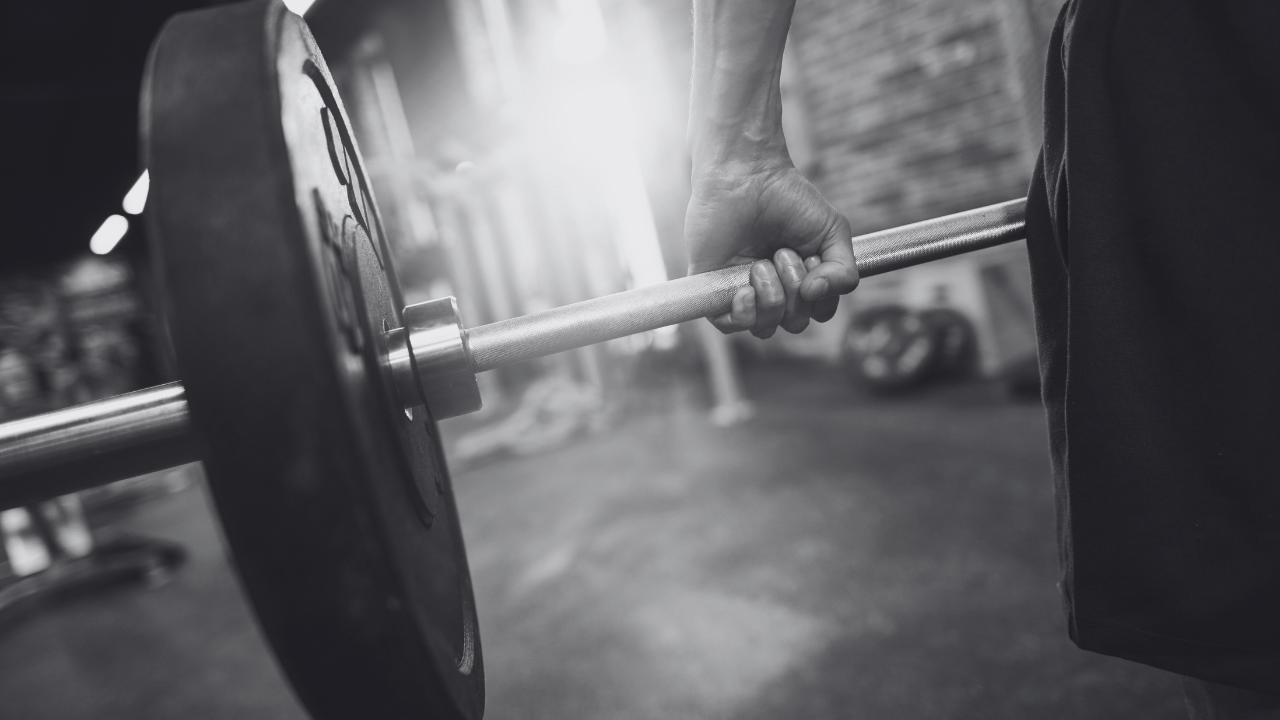"I'm in control, not my IBS"
Richie P

The Pitfalls of Relying on Social Media Advice: 6 Reasons to Be Cautious
“Beware of false knowledge; it is more dangerous than ignorance.” - George Bernard Shaw
Do you find yourself taking advice from random, unqualified people on social media? Have you ever stopped to consider whether that’s a good idea? 🤔
Picture this: you're experiencing excruciating pain, severe bloating, persistent diarrhoea, or constipation.
Desperate for symptom relief, you hunt around online and decide to post on social media and online forums to ask for help.
Soon enough, you're inundated with tons of people commenting and sympathising with you, which is nice of them. And some will also give you their advice, which is also nice of them (- or is it?!).
But the question is, should you listen to them??
Ultimately, it’s up to you 🙂!
But before putting their advice into action, here's a few things you should bear in mind:
1. Safety First: Evaluating Recommendations
When considering advice related to medications, supplements, or remedies, safety should be the foremost concern.
Ask yourself:
Is the suggested product safe for me personally?
(- If you don't know the answer, ask your physician or pharmacist. I might not ask the person selling the product because they might have a biased opinion).
Could it interact with any other medications or products you're taking?
👉 Ensure that any products recommended come from reputable manufacturers, are certified as safe, and are free from contamination. Be cautious of hidden or banned ingredients that could harm your health.
⚠️ Similarly, when it comes to dietary recommendations, evaluate whether the advice involves extreme restrictions or cutting out entire food groups.
A qualified professional, like a *Dietitian should offer suitable alternatives and ensure that your body gets all the essential nutrients it needs to function properly and achieve (or maintain) optimal health.
Also, check if the person providing advice is qualified to do so. Registered Dietitians undergo rigorous training and follow industry standards, making them reliable sources of information.
Beware of self-diagnoses, and consult with a medical professional to confirm any conditions before accepting advice.
2. The Importance of Scientific Evidence
Sound advice is informed by quality scientific evidence and experience. But needs to be tailored to individual needs.
Relying on unqualified individuals poses a risk, as their advice might lack credibility, safety, or effectiveness.
Unqualified people may be other people with IBS with good intentions and just trying to help you out. Or they might be fake experts.
Beware of anecdotal success stories; what worked for one person may not work for another. Trust professionals with a strong scientific foundation and the ability to personalise advice based on your unique circumstances.
3. Tailored Advice for Optimal Results
Generic advice can't replace a tailored approach. Everyone is different, and factors such as medical conditions, allergies, preferences, and lifestyle play a vital role in developing a customised nutrition plan.
People who leave comments on social media don't have enough information about your personal situation and can't assess your nutritional needs properly.
That's why their advice, at best is unlikely to give you the results you're looking for, and at worst, it could do you more harm than good.
It's better to get help from professionals who take into account your specific needs and can provide you with effective guidance.
4. Assessing Intentions: Genuine vs. Self-Serving
Differentiating between advice motivated by YOUR best interests and advice driven by self-interest is crucial.
Professionals genuinely invested in your wellbeing will take the time to find out about you and understand your wants and needs and create a plan just for you.
If they're thinking about themselves and motivated by self-gain, then they'll not take the time to uncover what's going on with you and give you some generic advice without addressing your specific requirements.
Like for example, Max came to me for help with his IBS and running. He was following a vegetarian diet. Previously, he’d tried a nutritional therapist who didn’t take the time to understand him and his needs and they just gave him a meal plan to follow…which was for a meat-eater!!
So obviously (or not so obvious!), it didn’t suit his needs at all.
And to make matters worse, the therapist wanted him to buy their supplements every month... Hmmm, I wonder why 🤔!
From my assessment with Max, I discovered that he didn’t even need them, so he'd been buying something that was totally pointless.
If I recommend someone supplements, I’ve done a ‘needs assessment’ first and I'll look and assess all options based on them as an individual.
Some therapists, personal trainers and other people like influencers get a commission for selling certain supplements and will consequently try to push these on you for their own financial gain. But for me, it’s about you and what's genuinely beneficial for you.
So be cautious of people who recommend unnecessary products solely to boost their sales.
Find a health professional who prioritises your needs over their own.
5. Identifying Reliable Sources
It’s hard to know who to listen to, especially with loads of people calling themselves various titles and social media influencers with millions of followers.
It can be easy to be swayed solely by follower counts. Assuming people with millions of followers are knowledgeable and that their advice is accurate, safe, and effective.
But popularity doesn't equate to expertise or accuracy.
And just because someone has millions of followers it doesn’t automatically give them the right to dish out advice and recommendations.
But clearly, it’s your choice who you get advice from and what risk you want to take.
Physicians/medical doctors don’t have to extensively study nutrition as part of their training. And some dabble in nutrition because they find it interesting, but that doesn’t mean they're best placed to help you.
And on several occasions, I’ve had clients telling me their physician told them to do X and Y, but unfortunately it was wrong advice so I’ve had to correct them.
That’s why we have different specialties, like an orthopaedic surgeon, a physician specialising in kidney conditions, physiotherapists, Dietitians and speech & language therapists. You don't have one health professional that deals with EVERYTHING.
So you need to go to the right person, the right professional for the job 👍
6. The Toxic Side of Social Media
People on social media can say some really nasty stuff, which is a right kick in the ___ when you're opening up and sharing personal experiences in the hope of getting some help.
Sometimes the people in the group can drag you down by being overly negative.
And a lot of social media groups have inactive admins so comments and posts aren’t monitored or regulated so they can be telling you loads of wrong and harmful info and advice.
Spending ages looking at the screen, browsing social media before bedtime can compromise your sleep, which can have a knock-on effect on your health and wellbeing.
Moral of the story?
Stop taking a chance and potentially risking your health and wellbeing by taking health advice from random and unqualified people on social media.
"Take care of your body. It's the only place you have to live." - Jim Rohn
So instead of using social media for help with your IBS, watch our free training here.


I enjoy going out for meals with family and having nights out with mates - things I've not been able to do for a long time.
Mason P
Project Manager


I don't have to worry about mates or colleagues taking the p*ss out of me anymore because I'm on top of my IBS.
Trevor K
Sales Executive


I've got so much more energy and focus now, without constantly being distracted by my stomach issues or having to dash to the loo.
Marcus M
Writer









